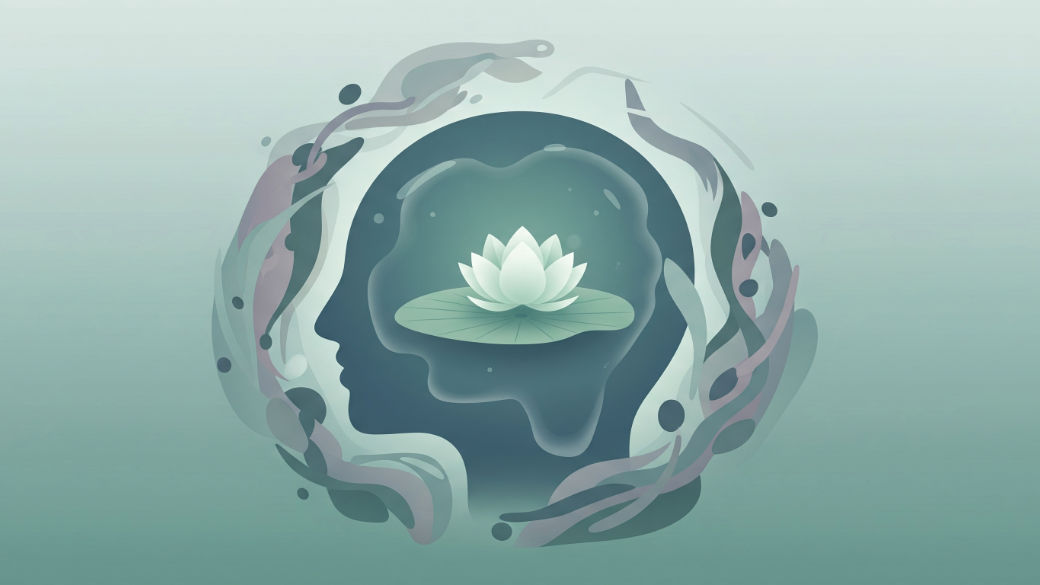The Benefits of Mindfulness
In the hustle and bustle of modern life, it’s easy to feel overwhelmed. Our minds are constantly active, juggling to-do lists, replaying past conversations, and worrying about the future. As I often say, nothing is more precious than the state of our minds; we take our internal worlds with us everywhere we go. So, how can we find a sense of peace amidst this internal noise? One powerful and accessible tool is the practice of mindfulness.
What Exactly is Mindfulness?
At its core, mindfulness is the simple, yet profound, act of paying attention to the present moment, intentionally and without judgment. It’s not about stopping your thoughts or emptying your mind, a common misconception that can make the practice feel intimidating. Instead, it’s about observing your thoughts, feelings, and bodily sensations as they arise, with a gentle and accepting awareness.
Imagine you are sitting by a river, watching leaves float by. In mindfulness, your thoughts and feelings are like those leaves. You notice them, acknowledge them, and let them drift on without getting swept away by the current. This practice creates a crucial space of reflection, a pause between a trigger and your reaction.
Creating Space for Healing and Growth
The regular practice of mindfulness can have a deeply positive impact on your mental health and well-being. It is a technique I draw upon in my work because it aligns perfectly with the goal of creating a safe and reflective space for healing to occur. Here are some of the key benefits:
- Reduced Stress and Anxiety: By focusing on the present, we spend less time caught up in anxious thoughts about the future or regrets about the past. Mindfulness helps to soothe the body’s stress response, bringing a sense of calm and stability.
- Greater Self-Awareness: Mindfulness is a powerful mirror. It allows us to see our own thought patterns and emotional habits more clearly. This is the first step in identifying the ‘faulty programming’ or negative conditioning that I so often see holding people back. By observing these patterns without judgment, we can start to understand them and loosen their grip.
- Improved Emotional Regulation: When we are not slaves to our immediate reactions, we can choose how to respond to situations. Mindfulness cultivates the ability to sit with difficult emotions, like anger, sadness, or fear, without being consumed by them. This allows us to process them and move through them more effectively.
- Enhanced Focus and Clarity: In a world full of distractions, the ability to focus our attention is a superpower. Mindfulness is a workout for your brain, strengthening your ability to concentrate and think more clearly.
- Deeper Connection to Your True Self: This, for me, is the most profound benefit. As we gently peel back the layers of conditioned thoughts and reactive emotions, we create the space to connect with our core. Through this process, we come to know our true selves; the calm, authentic, and resilient self at the centre of our being.
Mindfulness in Therapy
While mindfulness can be a wonderful self-help tool, its effects are often amplified within the context of therapy. In our sessions, we can use mindfulness techniques as a foundation to explore the patterns you discover. It is a key element that complements other therapeutic models I use, such as Cognitive Behavioural techniques, by helping you put theory into practice.
Engaging in this work requires courage and determination, but I can say with certainty that I have seen profound changes in people. Creating a life with more peace, authenticity, and joy is possible. Mindfulness is one of the pathways that can help you get there.
If you feel you could benefit from creating a safe, reflective space to explore your inner world and foster personal growth, please do not hesitate to reach out.

